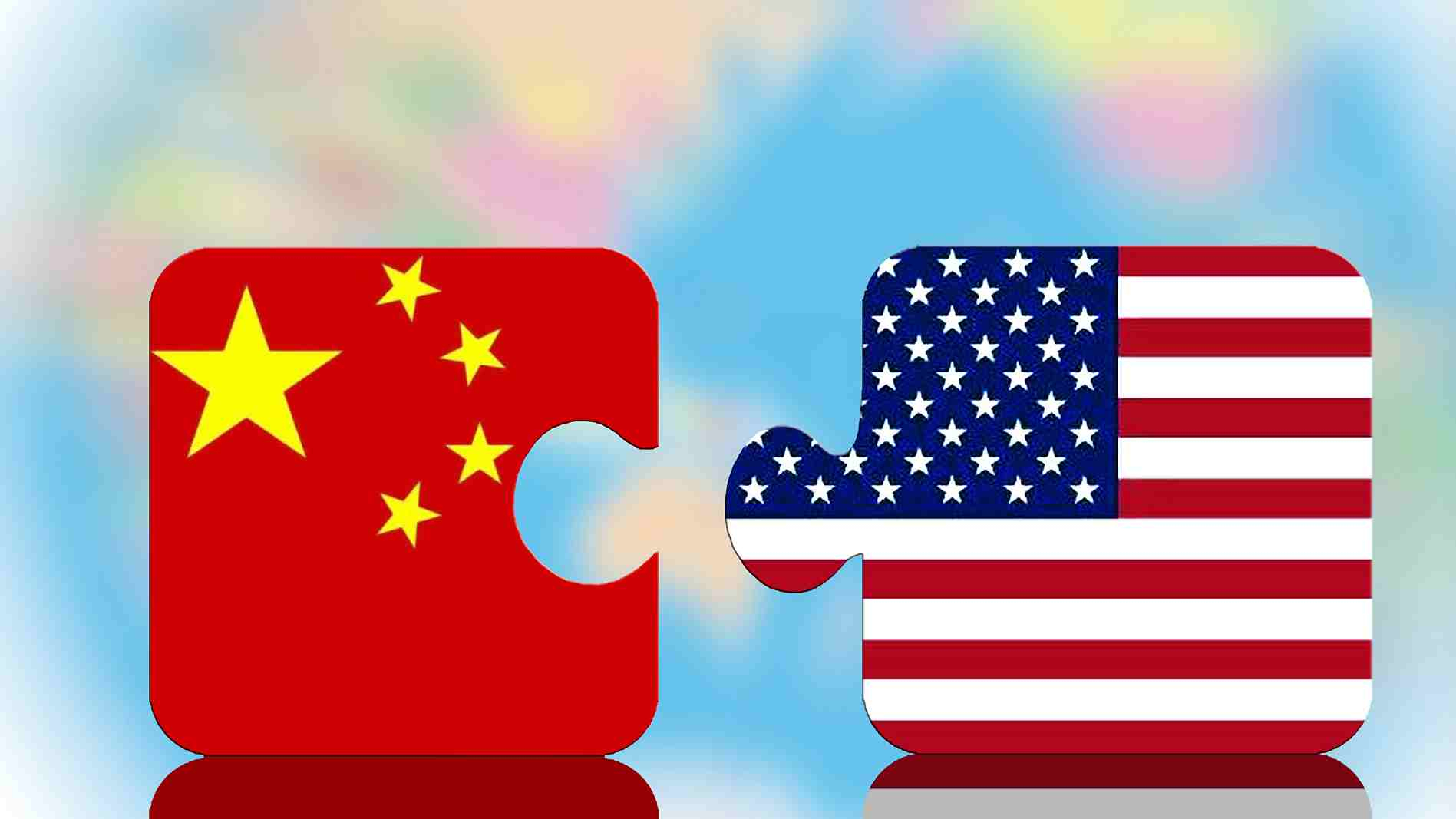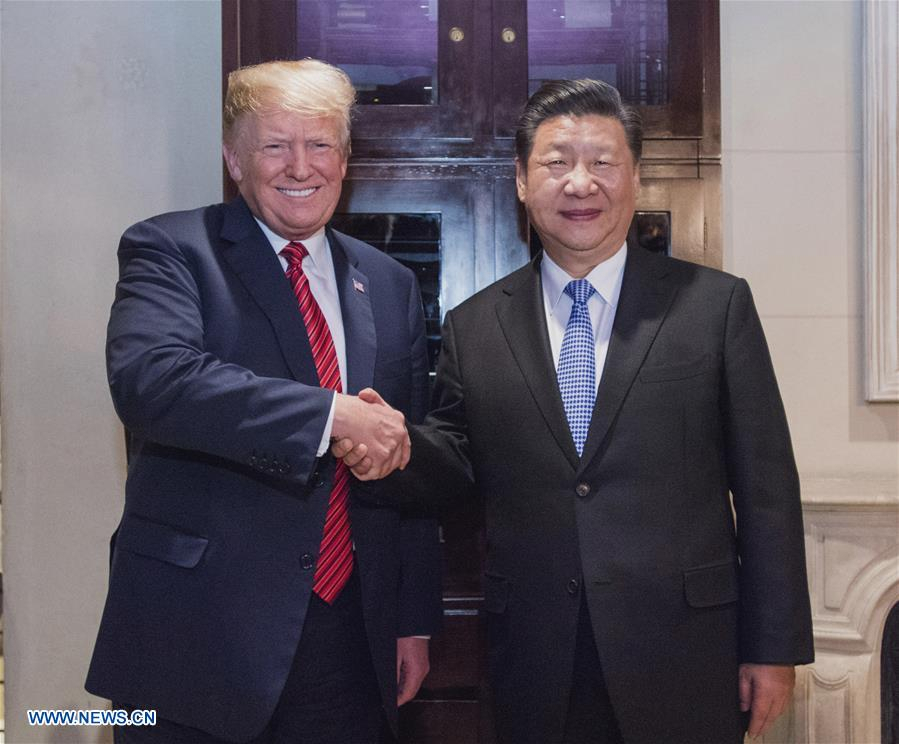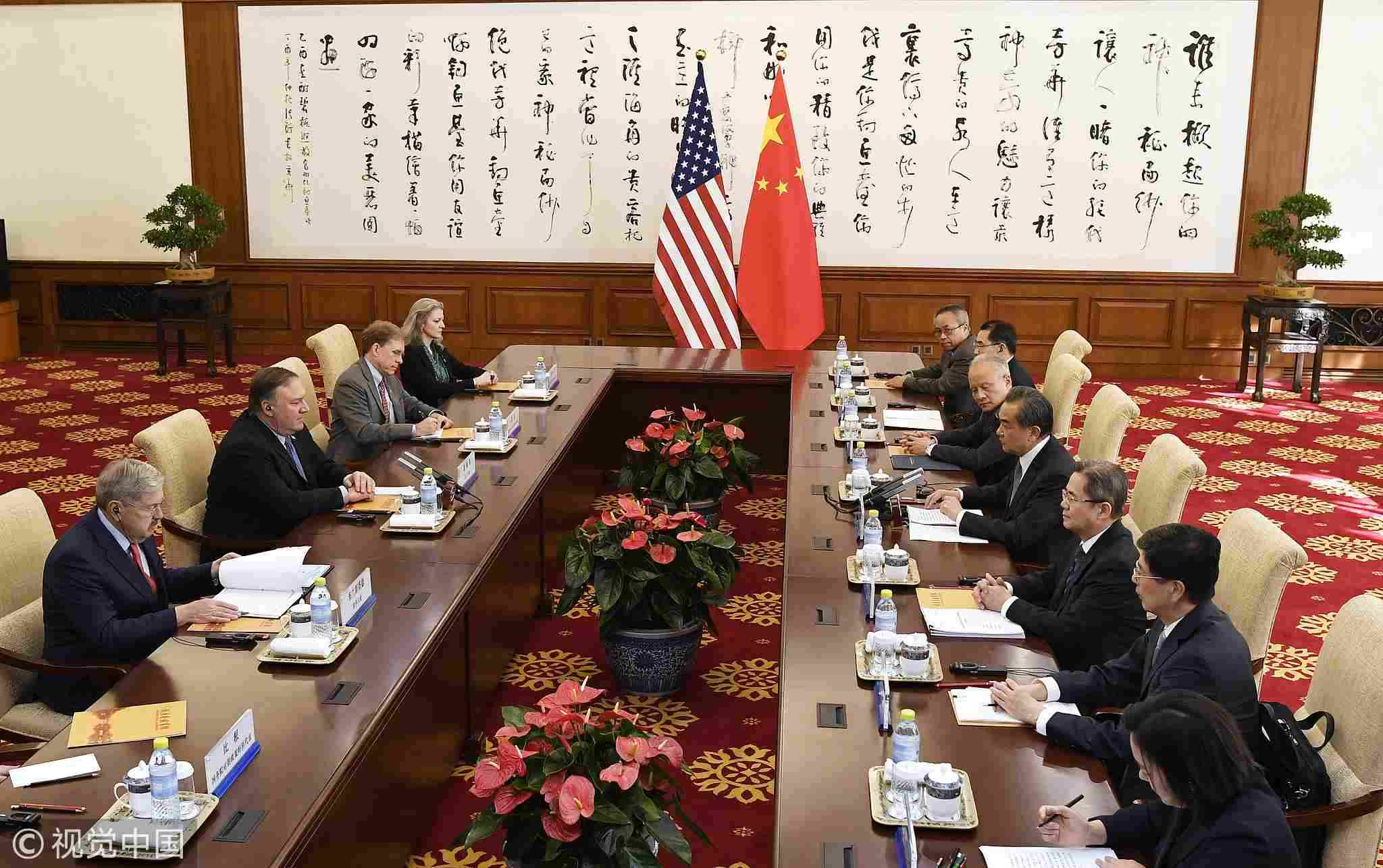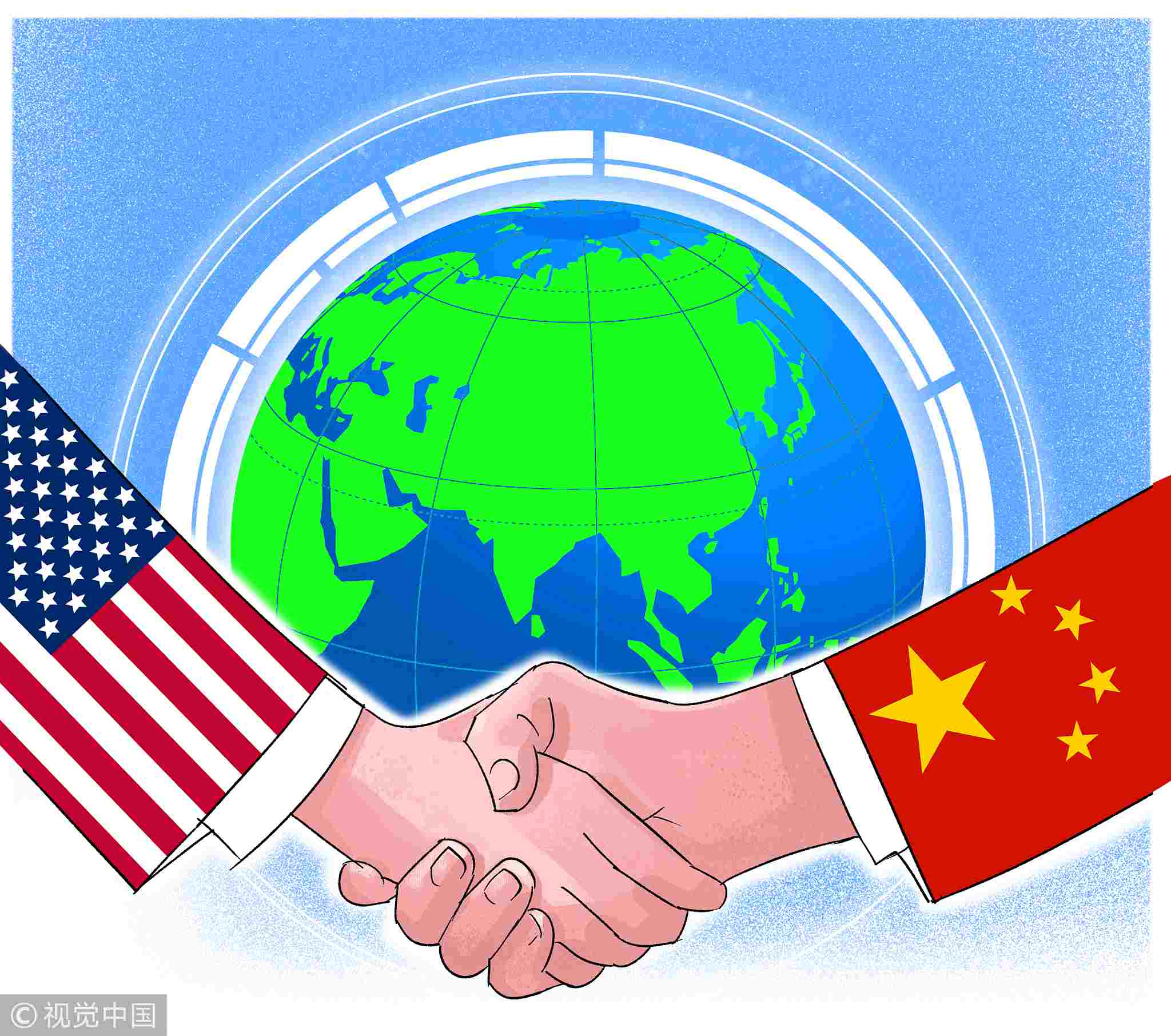
Opinions
10:29, 03-Dec-2018
Opinion: Xi-Trump meeting offers stability, breathing space
Updated
10:23, 06-Dec-2018
Tom Fowdy

Editor's note: Tom Fowdy is a UK-based political analyst. The article reflects the author's views, and not necessarily those of CGTN.
The private meeting and dinner between Chinese President Xi Jinping and U.S. President Donald Trump ended in a relatively positive outcome.
In an alleviation of growing trade tensions, the two economic giants agreed to refrain from increasing tariffs for 90 days and focus on talks to end the economic dispute. Although, likely far from being an end to Trump's trade agenda or the trade war as a whole, the summit agreement offers some fundamental stability and breathing space to the China-U.S. bilateral relationship, which will be a relief to nervous markets.
For the time being it is a move to be welcomed, for if this three-month space can be used successfully, the paradigm of the relationship can shift from potential confrontation toward a constructive dialogue, but can it be sustained in the long run?
It was somewhat inevitable that Trump would offer some kind of respite deal.

Chinese President Xi Jinping (R) meets with his U.S. counterpart Donald Trump (L) in Buenos Aires, Argentina, December 1, 2018. /Xinhua Photo
Chinese President Xi Jinping (R) meets with his U.S. counterpart Donald Trump (L) in Buenos Aires, Argentina, December 1, 2018. /Xinhua Photo
If you're a close observer of the administration's behavior, you will realize this is a common theme. When approaching foreign policy, Trump and his colleagues like to showcase their rhetoric to a domestic audience as if it were a form of entertainment.
They like to appear tougher, more resolute and uncompromising than they actually are. They like to overstate their leverage and make highly irrational threats, ones which would often pose damage to U.S.' interests if fully followed through.
For example, threatening to engage in a pre-emptive conflict with the Democratic People's Republic of Korea (DPRK) or threatening to expand the trade war to "all of China's exports to the U.S." have been two of them.
Yet, instead of following through, each time the administration will instead withdraw to seeking dialogue, claim to a domestic audience "it has won" and then attempt to find a deal-breaking compromise with the country in question. This is Trump's presidency.

Chinese State Councilor and Foreign Minister Wang Yi meets with U.S. Secretary of State Mike Pompeo at Diaoyutai State Guesthouse in Beijing, China, October 8, 2018. /VCG Photo
Chinese State Councilor and Foreign Minister Wang Yi meets with U.S. Secretary of State Mike Pompeo at Diaoyutai State Guesthouse in Beijing, China, October 8, 2018. /VCG Photo
So, it was no surprise, as predicted, that such was the outcome of Trump-Xi meeting. Of course, it isn't one-sided or zero-sum game, it is an interdependent relationship whereby economic warfare ensures mutual damage. Thus, the administration would have also recognized that a sharp escalation of the trade war and the expansion of tariffs to 25 percent would pose damage to American markets and consumers.
It would inevitably backfire, especially because U.S. farming industry is already taking a hit from it. Thus, rather than simply showcasing toughness, a path to a serious resolution is needed.
China will welcome the dialogue. It will be willing to very much engage in serious negotiations with Washington and look for a way not just to suspend the dispute but to seek a permanent resolution.
Despite the U.S. building a China policy which risks confrontation and raises suspicion, Beijing has never sought a negative or counter-productive relationship with Washington.
There are differences in certain areas which will always stand out. It is those differences that have convinced some in the U.S. to pursue a "tougher" policy stance against Beijing, but it is very much the position of China to find a way to navigate such and ensure a stable and cooperative relationship between the two countries. Beijing will use this opportunity to reorganize itself and attempt to win back some favor from Washington and offer something in return.
But regardless, some may otherwise describe the agreement as a "ceasefire" rather than any kind of armistice or peace agreement.

China-U.S. relations /VCG Photo
China-U.S. relations /VCG Photo
It is the right outcome, but it is likely in some areas the Trump administration will continue to see China as a strategic competitor. The trade war, after all, does not represent the entirety of the Trump "policy" against Beijing, but merely one frontline of it.
As the two focus on negotiations, today's outcome will at best lower some of the aggressive rhetoric and wheel out Mike Pence a bit less, but the foreign policy won't fundamentally change just yet. The conception that China is now a challenge to American hegemony is not going to go away.
But don't let that overshadow it. Today was a victory for reason, stability, and rationality. Regardless of where you stand on this debate, there is one thing for sure and that is China and U.S.' interests are best served by ongoing negotiations rather than confrontation. We should be pleased.
(If you want to contribute and have specific expertise, contact us at opinions@cgtn.com.)

SITEMAP
Copyright © 2018 CGTN. Beijing ICP prepared NO.16065310-3
Copyright © 2018 CGTN. Beijing ICP prepared NO.16065310-3